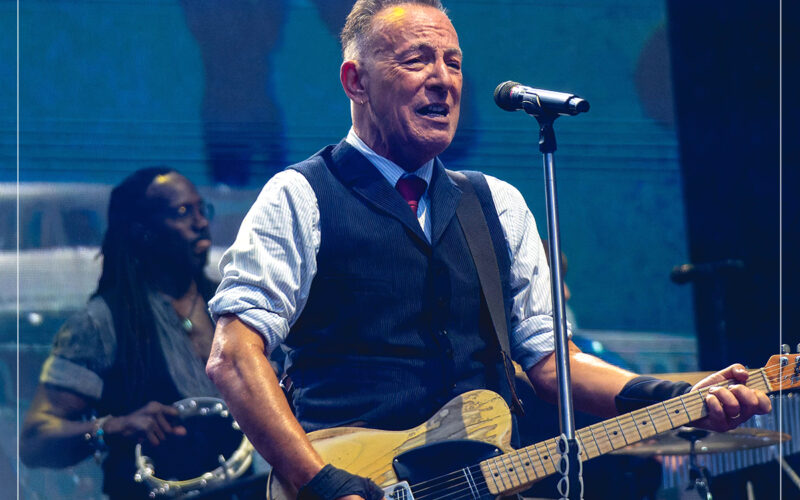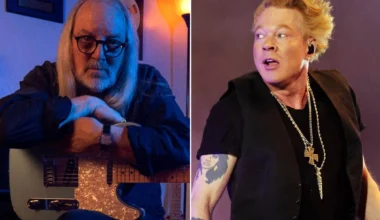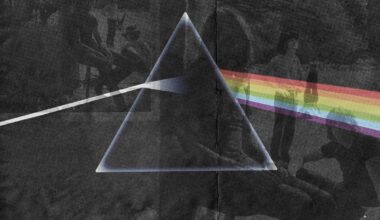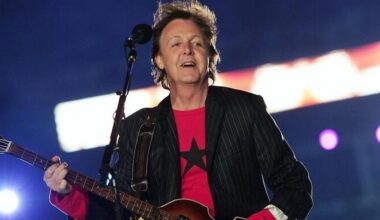Any artist’s goal should be to leave an impression on their audience. Although many people think that a hook is the only reason has to sing along to their favourite tunes, some of the greatest songs of all time are about relating to someone that you’ve never met in your life because for some reason, they’ve been able to bottle up an emotion that no one ever seemed to touch on. Bruce Springsteen had already written countless characters with complex backstories, but not every one had to be the chipper experience imaginable.
Then again, there’s never been a rule that says all storytellers need to write tunes with a happy ending. Life is rarely that cut and dry, and while ‘The Boss’ has at least been hopeful about the state of the world in his songs, he realised that some feelings demanded to be felt even if he knew that it was going to break someone’s heart.
On his first few records, though, most people would have sworn that Springsteen was going to be the next philosophical preacher a la Bob Dylan. He had the same rambling vocal tone that everyone knew Dylan for, but by the time of Born to Run, he finally came into his own. The people in songs like the title track and ‘Thunder Road’ felt like they had real flesh and blood beyond the melody, and while their road to success might be challenging, hope always seemed possible when Clarence Clemons’s saxophone came in on ‘Jungleland’.
Given how triumphant the entire album feels, though, many people don’t realise that the album doesn’t have the kind of ending most were looking for. Most of the kids at the end of ‘Jungleland’ end up wounded and stuck in their nowhere towns, and given how Springsteen was licking his old wounds himself after the album was released, he made sure to make his follow-up a lot rougher around the edges.
Darkness on the Edge of Town still has some fine tunes on it, but ‘The Boss’ never wanted people to appreciate it in the same way as his magnum opus, saying, “There are party songs from Darkness on the Edge of Town and there are songs on The River that could have come out on that record. I tried to have a very hard focus on what was on my records. It’s part of the way that I protected myself and my identity. So I made a lot of tough decisions and left off songs that were very enjoyable and I’m glad I did.”
It’s hard to look at Springsteen’s fourth album and hear a whole lot of happiness, but that was never his point. ‘Badlands’ is almost the inverse of ‘Thunder Road’ by talking about all of the struggles that come with everyday life, and while ‘Racing in the Street’ is a fantastic song, he practically took everything about the rock staple ‘Dancing in the Street’ and drenched it in as much melancholy as possible.
That doesn’t make it an easy listen, but there’s no way that any of the poppy songs from his later career could have made it on the record. A track like ‘Hungry Heart’ might have some of the greatest hooks of Springsteen’s career, but had it ended up on this record, it would have either stuck out like a sore thumb or been looked at as him trying to put a happy face on a sad situation.
Most artists would have gladly gone in the pop-focused direction, but the last thing that Springsteen was going to be was dishonest. He fought for what he believed in when making his music, and if that meant putting his career on the line to make the album he intended, that needed to happen.






